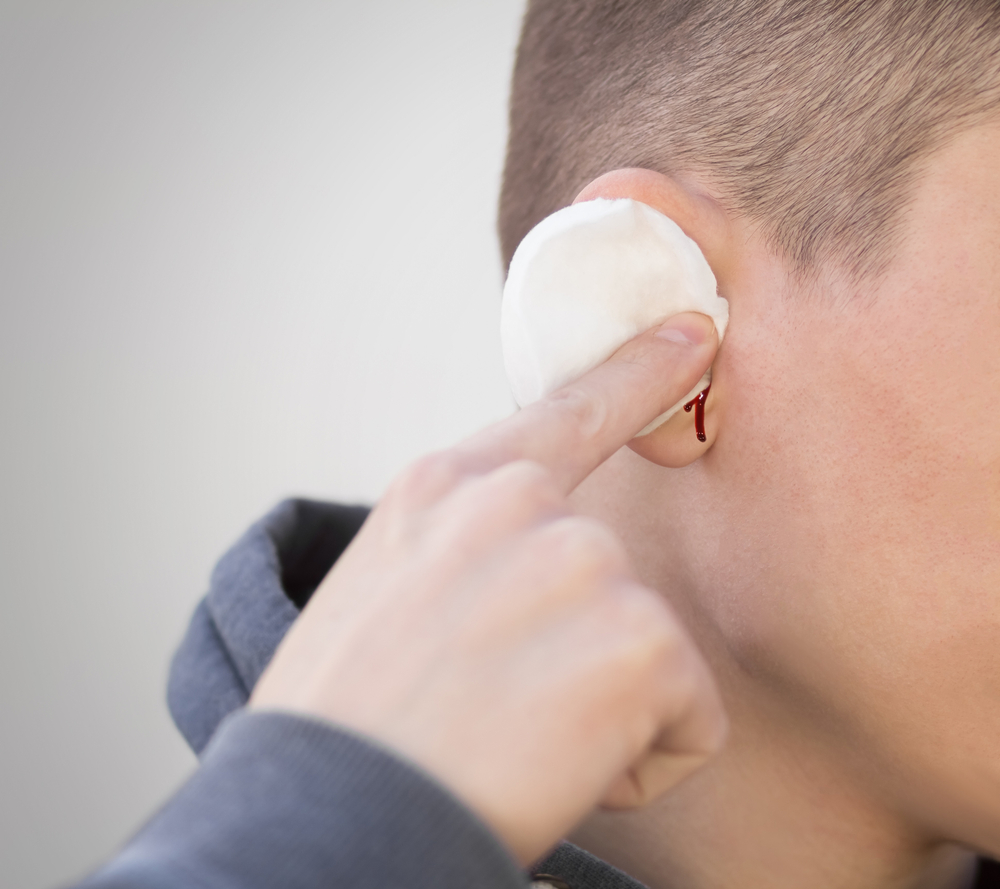Winter often brings cozy nights by the fire, festive celebrations, and unfortunately, an increased risk of sinusitis. Sinusitis sufferers know that winter can aggravate symptoms like sinus pressure, runny nose, coughing, and inflammation. While sinus problems are often associated with spring and summer allergies, the colder months present unique challenges for sinus health, including exposure to winter allergens, dry indoor air, and seasonal illnesses.
To help you breathe easier this winter, follow these proven strategies to minimize your risk of sinusitis.
Understanding the winter-sinusitis connection
The combination of cold weather, indoor heating, and winter allergens creates an environment where sinus problems thrive. Cold air prompts your nose to produce more mucus, which can thicken and block the sinuses. Meanwhile, indoor heating often leads to dry air, which irritates nasal membranes, while certain allergens present in winter can exacerbate sinus issues.
Winter allergens and sinusitis
While spring and summer are typically associated with allergies, winter allergens can be just as problematic. Common culprits include:
- Dust mites: These thrive in warm, indoor environments created by heating systems.
- Mold: Found in damp areas of the home, such as basements or poorly ventilated bathrooms.
- Pet dander: Spending more time indoors with pets during the winter can increase exposure.
- Wood smoke: Fireplaces can release particles that irritate nasal passages and sinuses.
Exposure to these allergens can lead to nasal inflammation, congestion, and an increased risk of sinus infections. Minimizing allergen exposure is key to maintaining clear sinuses during the colder months.
Cold and flu season
Sinus infections can be triggered by colds or the flu. These illnesses cause inflammation in the nasal passages and sinuses, which can block normal sinus drainage. When mucus builds up in the sinuses due to poor drainage, it creates an environment where bacteria can grow, potentially leading to a bacterial sinus infection.
By preventing colds and flu through vaccinations, frequent handwashing, and avoiding sick individuals, you can significantly reduce your risk of sinusitis.
Top tips to prevent sinusitis this winter
By adopting these preventive measures, you can significantly reduce your chances of developing sinusitis this winter.
1. Protect yourself from colds and the flu
Colds are a leading cause of sinus infections, particularly for those prone to sinusitis. To reduce your risk:
- Wash your hands frequently to prevent the spread of germs.
- Avoid close contact with individuals who have colds or flu.
- Get your annual flu shot and consider other preventive measures like wearing a mask in crowded spaces.
2. Use steam to relieve sinus pressure
Steam is a simple and effective remedy for sinus congestion.
- Take a hot shower or create a steam tent by leaning over a bowl of hot water with a towel over your head.
- Add essential oils like eucalyptus or peppermint to enhance the decongestant effects.
The warm, moist air loosens mucus, reducing sinus pressure and improving airflow.
3. Keep your nasal passages hydrated
Dry nasal passages can become irritated and inflamed, increasing your risk of sinusitis. Combat dryness by:
- Using a saline nasal spray to flush out mucus and keep your nasal passages moist.
- Running a humidifier in your home to add moisture to the air, especially in your bedroom.
4. Adjust your sleeping position
Gravity can help reduce sinus congestion during sleep.
- Elevate your head with an extra pillow to promote mucus drainage.
- Avoid lying flat, as this can worsen congestion.
A small adjustment to your sleep routine can make a significant difference in your comfort.
5. Replace air filters regularly
Forced air heating systems can spread allergens like dust, pollen, and pet dander, aggravating your sinuses.
- Change your HVAC filters every three months or more frequently if you have pets or allergies.
- Opt for HEPA filters to trap smaller particles and improve air quality.
6. Stay hydrated
Water is essential for keeping your sinuses healthy.
- Drink plenty of fluids throughout the day to prevent mucus from thickening.
- Avoid dehydrating beverages like alcohol and caffeine, as they can dry out your nasal passages.
Proper hydration helps keep your mucus thin and your sinuses clear.
When to see an ENT specialist
If your sinus symptoms persist for more than 10 days despite initial treatment, worsen after starting to improve, or are accompanied by severe facial pain, swelling, or high fever, it may be time to consult an ENT specialist.
Additionally, if you experience chronic or recurrent sinus infections that do not respond to primary care treatments, an ENT can provide advanced evaluation and specialized care to address underlying causes and improve your quality of life.
Find an ENT specialist in your area to schedule an appointment.



